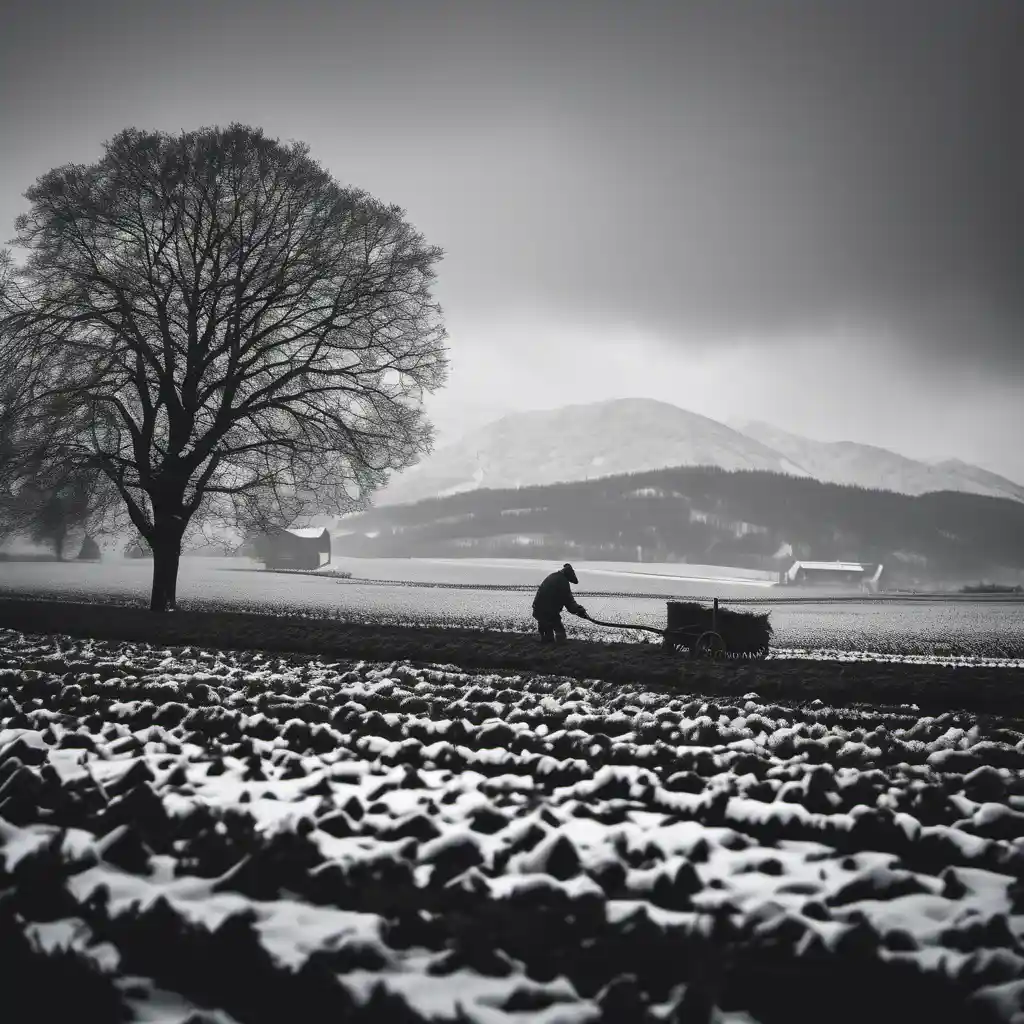
I came across this humorous definition of the word tradition on Facebook.
But are traditions peer pressure from dead people? The answer is yes, sometimes they are, even though the people in question aren’t always dead.
And sometimes, a tradition is a guideline helping you navigate through the winding country lanes of life without falling into every pothole.
It’s your responsibility to see the difference.
Let’s have a closer look at what traditions are.
How to act and behave
According to the Cambridge Dictionary, a tradition is:
“a belief, principle, or way of acting that people in a particular society or group have continued to follow for a long time, or all of these beliefs, etc. in a particular society or group.”
This is closely related to the word norm, even though a tradition is often about how to do things, while a norm might be more about how to behave.
I won’t differentiate between the two here. It’s all about rules of action and conduct handed down to us from the groups we are members of.
Growing potatoes in the Norwegian mountains
And sometimes, this is useful.
Imagine a valley high up in the Norwegian mountains. The farmers up there planted the potatoes on or just after St. Hallvard’s Day (the 15th of May) for hundreds of years.
This was based on knowledge earned the hard way through centuries. If they planted earlier, the crop might be damaged by late spring frost. A surprisingly early cold snap in October could bereave them of their winter provisions if they planted later.
But what if the climate changed, as in the Little Ice Age, lasting from the 14th to the 19th century?

This is how we do things around here!
Traditions can quickly go from life-saving to dangerous or repressing if not questioned.
Many cultures still treat women and girls as their father’s or husband’s property, stuck in their homes without individual worth or rights.
For all we know, this might have started as an honourable measure to protect women in an area and era of violence and anarchy thousands of years ago.
However, while our world constantly changes, we tend to cling to traditions for as long as possible. “This is how we do things around here!” Protection turns into oppression. Knowledge turns into shackles. Frozen potatoes turn into a rotten, inedible mash.
Why: the most important word in our language
As knowledge-based guidelines from a particular environment at a specific time, traditions can save us from inventing the wheel daily and avoid the worst mistakes.
Following traditions blindly, on the other hand, is lazy, irresponsible, and sometimes cruel.
It is our right and responsibility to always speak, or at least think, the most important word in our language whenever we encounter traditions, customs and norms.
The word is: why?
Why is this the right thing to do? Why did this become a tradition? Why should we do things this way here and now – is it understandable or even defendable?
The answer might sometimes be “yes”, of course. But at least you asked the question. You didn’t sluggishly drift down the river.

Avoiding Christmas parties and other heedless habits
Regardless of whether the people applying peer pressure are dead or living, peer pressure is rarely to anyone’s benefit anyway. Not if you don’t get an immediate answer when you use the why word.
So start practising that word. Now.
“Get up and go to school, son.” “Why?” “Because you’ll never get a job without your exams, and you’ll never keep a job if you sleep in every day.”
Sounds reasonable. But how about this:
Really? Try again:
“Why? It’s probably enough for Aunt Edna to cook for the 30 people who do come. I think she’ll be fine.” “Don’t be silly! This is how we always do Christmas in our family.”
So, it’s a tradition just because it’s a tradition and must still be obeyed whatever the consequences for you and others?
Explanation not accepted. Case closed.



+ There are no comments
Add yours